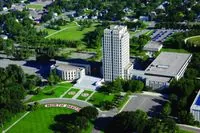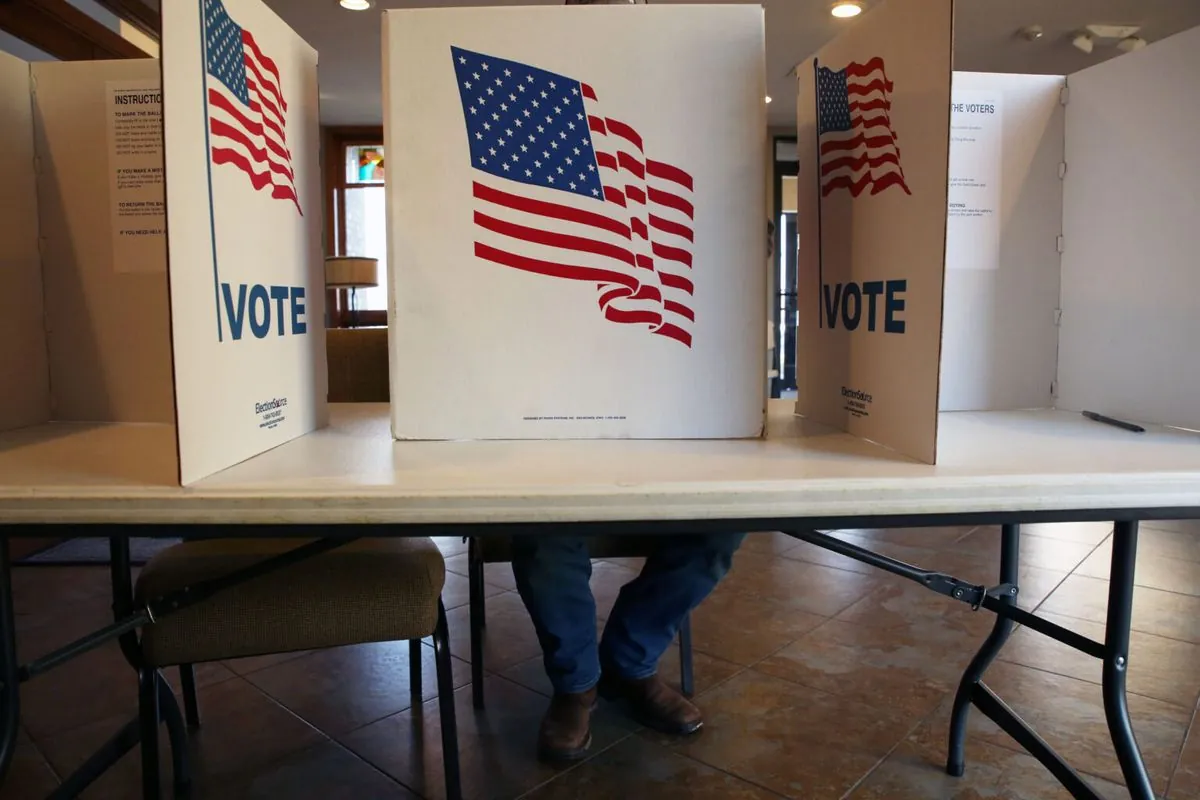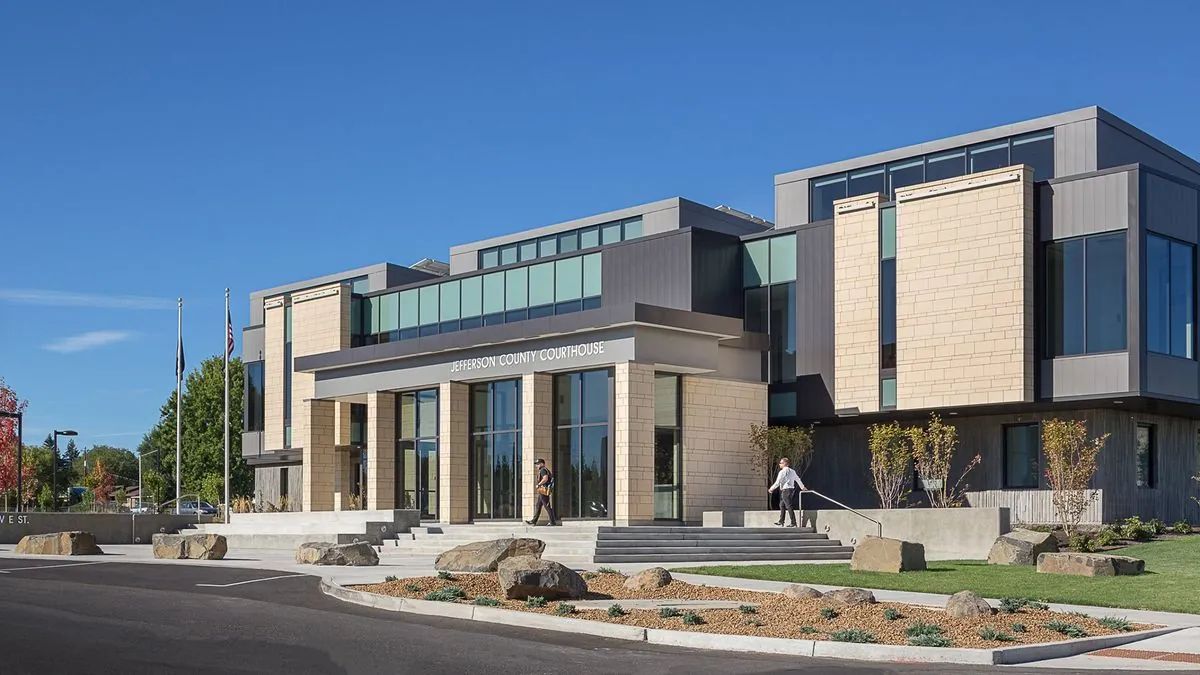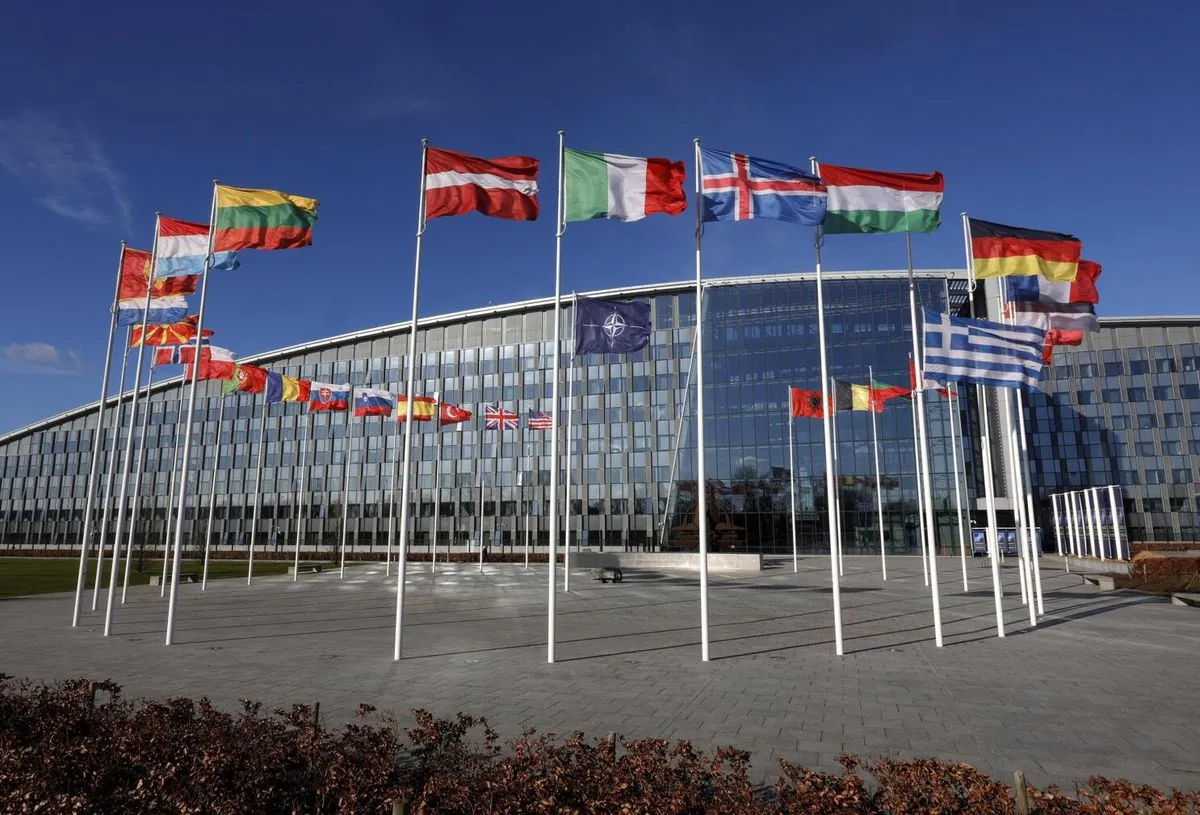Elon Musk's Immigration Claims: A Critical Analysis
Elon Musk's recent Twitter post about immigration and US elections sparks debate. Experts challenge his assertions, highlighting misconceptions about naturalization processes and voting patterns.
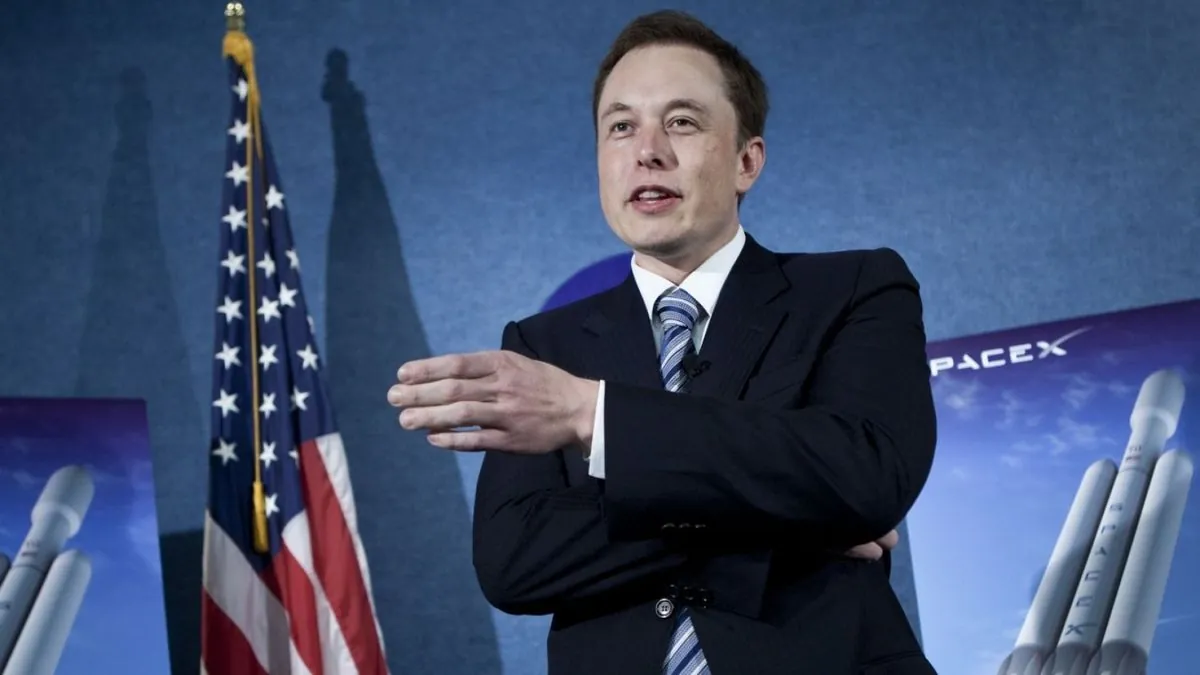
Elon Musk, the South African-born entrepreneur who acquired Twitter in a $44 billion deal in October 2022, has recently stirred controversy with his views on immigration and its potential impact on US elections. His comments, posted on the platform he now owns, have prompted a closer examination of the complex relationship between immigration and American democracy.
Musk's central claim suggests that the 2024 election could be the "last election" if former President Donald Trump is not re-elected, primarily due to immigration. However, this assertion relies on several misconceptions about the naturalization process and voting patterns in the United States.
One of Musk's key arguments revolves around the idea that a significant number of undocumented immigrants could quickly become citizens and voters. However, this overlooks the complexities of the US immigration system. The path to citizenship for undocumented immigrants is far from straightforward, with limited options such as marriage to a US citizen, successful asylum claims, or appeals of deportation orders.
It's worth noting that the concept of citizenship through birth or naturalization is enshrined in the 14th Amendment of the US Constitution, ratified in 1868. This fundamental right has been a cornerstone of American democracy for over 150 years.
Musk's assertions about voting patterns among immigrants also lack nuance. While he suggests that new immigrant voters would overwhelmingly support the Democratic Party, this ignores the diverse political views within immigrant communities. For instance, some states with large immigrant populations, such as Florida and Texas, have consistently voted Republican in recent elections.
The entrepreneur's understanding of swing states also appears limited. Swing states are not fixed entities but can change over time based on various factors, including demographic shifts and evolving political landscapes. This dynamic nature of American politics has been evident since the term "swing state" gained popularity in the 1960s.
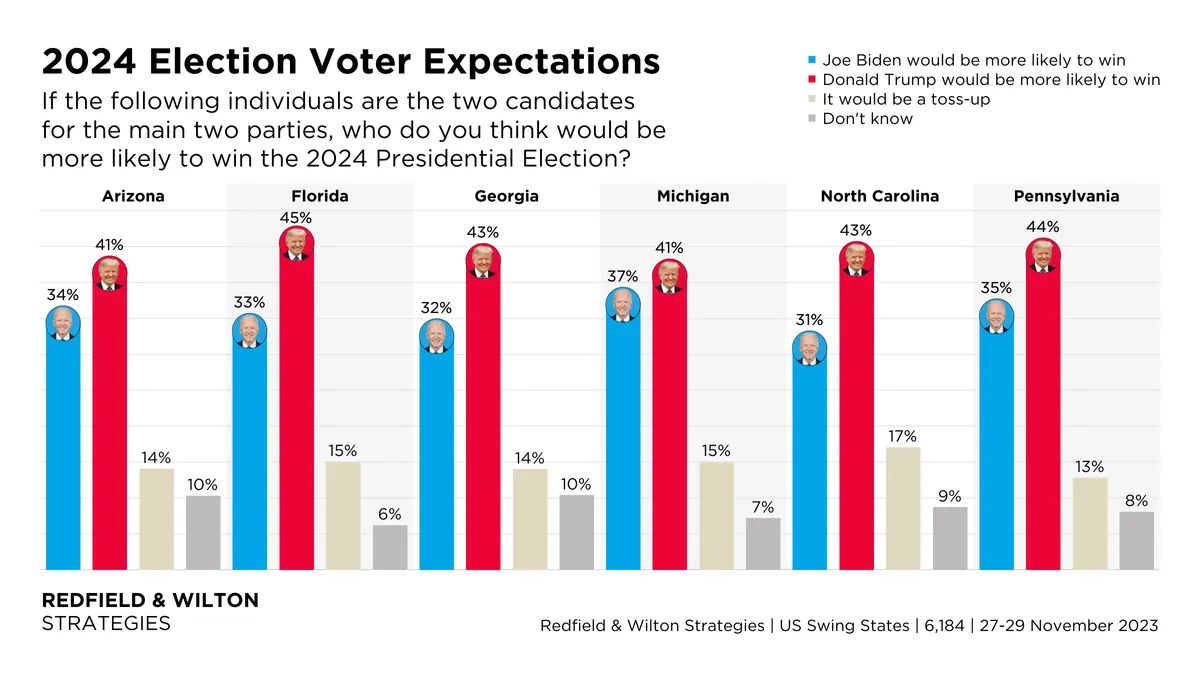
Musk's claims about asylum seekers being "fast-tracked" to citizenship and strategically placed in swing states are also misleading. The asylum process in the United States is often lengthy and complex, with most claims being denied. The US has accepted refugees since World War II, with the Refugee Act of 1980 standardizing the process.
The notion that increased immigration would inevitably lead to a one-party state overlooks the ability of political parties to adapt to changing demographics. Throughout US history, political parties have evolved their platforms and strategies in response to shifts in the electorate. The two-party system, dominated by Democrats and Republicans since the mid-1850s, has shown remarkable resilience and adaptability.
It's important to remember that the United States has a long and complex history with immigration. From the Naturalization Act of 1790, which first specified how immigrants could become citizens, to the Immigration and Nationality Act of 1965, which eliminated national-origin quotas, the country's approach to immigration has continually evolved.
While Musk's comments have sparked debate, they also serve as a reminder of the need for informed discussions about immigration and its role in American democracy. As the nation approaches another election cycle, it's crucial to separate fact from speculation and to understand the multifaceted nature of immigration and its impact on US politics.
"Very few Americans realize that, if Trump is NOT elected, this will be the last election. Far from being a threat to democracy, he is the only way to save it!"
In conclusion, while Elon Musk's recent foray into political commentary has garnered attention, it has also highlighted the importance of fact-checking and critical analysis in public discourse. As the United States continues to grapple with immigration policy and electoral dynamics, a nuanced understanding of these complex issues remains essential for the health of American democracy.






























